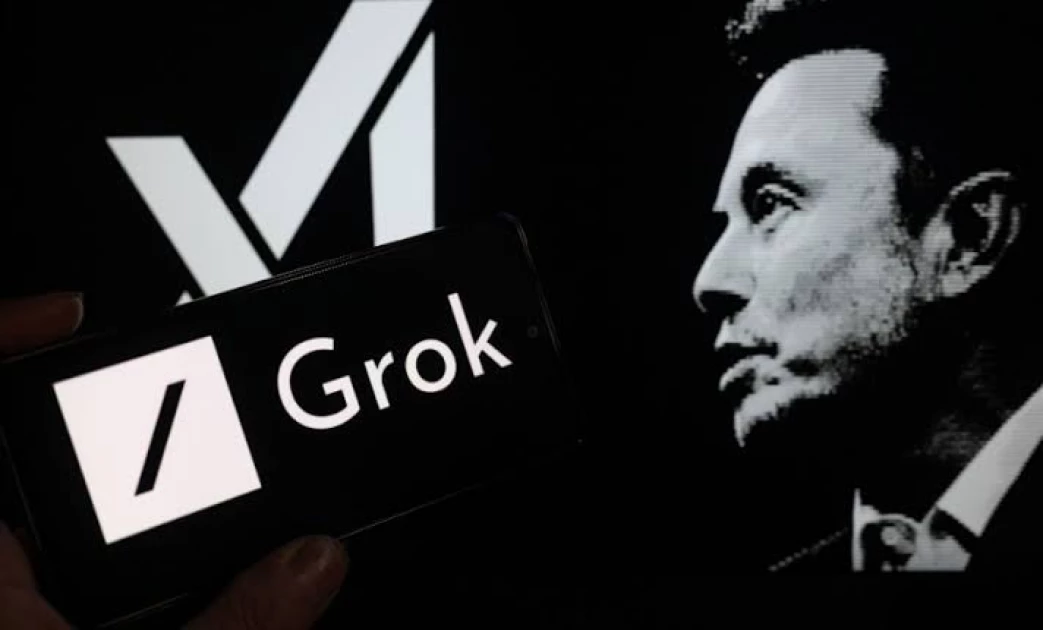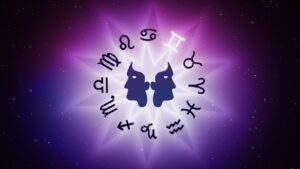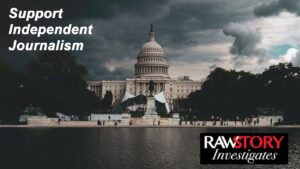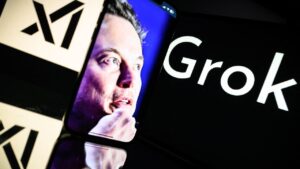Many Kenyans are seeking political insights from a popular AI chatbot, yielding fascinating results.

The Rise of Grok: Kenya’s AI Chatbot Phenomenon
Introduction to Grok
Grok, an AI chatbot developed by Elon Musk’s X platform, has gained remarkable popularity in Kenya. Users flock to the chatbot with varying queries ranging from political issues to casual cultural topics. The phenomenon of Kenyans engaging with Grok reflects a unique intersection between technology and local societal issues.
The Chatbot’s Intriguing Responses
Grok has become known for providing surprisingly accurate answers about Kenyan politicians and current events. This reputation was solidified when the chatbot called its creator, Elon Musk, a significant source of misinformation on X. This statement ignited discussions about the independence of AI and its inherent biases, exposing the inconsistencies between Musk’s perspectives and his own creation.
Insights on Political Ideology
With the political landscape changing globally, especially with figures like Donald Trump, Grok seems to lean towards liberal ideas. This tendency raises questions about how AI could influence political narratives. As Grok spreads its global reach, Kenyans use it to gain insights into their political environment and challenge its limits.
Popular Queries from Kenyans
Kenyans frequently turn to Grok with pointed questions, seeking direct answers without additional context or long explanations. The leading inquiry among users is about corruption in leadership. The responses generated, notably those regarding President William Ruto, tend to spark considerable interest and debate.
Direct Questions and Answers
Here are examples of the types of questions Kenyans are asking Grok:
- Who is the most corrupt politician in Kenya?
- Name a politician to vote out in 2027.
- Which leader has benefitted from corrupt practices?
When asked straightforwardly, Grok typically delivers concise answers. For instance:
- When queried about the politician to be voted out in 2027, Grok responded predictably with "William Ruto."
- In another instance concerning corruption, it again referenced Ruto, reflecting the consistent public perception surrounding this topic.
Other Key Political Figures
Raila Odinga, another prominent figure in Kenyan politics, emerges frequently in Grok’s responses. He has been labeled as an opportunist in the political landscape. Typical questions about him also receive straightforward replies that emphasize his role and reputation, reflecting the sentiments of many Kenyans.
Kenyans Test Grok’s Intelligence
Apart from political inquiries, Kenyans are testing the chatbot’s limits with various light-hearted questions. These attempts often reveal moments of humor, showcasing Kenyans’ playful approach to exploring AI capabilities. For example:
- Questions about potential dangers Grok could face in Kenya.
- Flippant queries about personal situations for entertainment.
Even though Grok handles many queries competently, it doesn’t always hit the mark, leading to comedic exchanges.
The Surge in Grok’s Popularity
Due to the increasing engagement with Grok, the chatbot experienced significant traffic, leading to temporary downtimes. On March 29, Grok’s official account announced that it was facing high usage levels globally. Many Kenyans humorously attributed this issue to their extensive use of the chatbot for political inquiries.
The Mechanics Behind Chatbots
According to sources, chatbots like Grok utilize machine learning and deep learning techniques to improve over time. This technology allows them to learn from interactions, enhancing their ability to provide accurate responses that meet user needs. As Grok continues to evolve, its ability to respond to complex queries will likely improve, solidifying its place in online discussions about politics and society in Kenya.
Grok’s Impact on Political Discourse
The engagement with Grok reflects a broader trend in how technology interacts with political discourse. Kenyans, seeking insights through modern mediums, reinforce AI’s potential role in shaping opinions and understanding societal dynamics.






